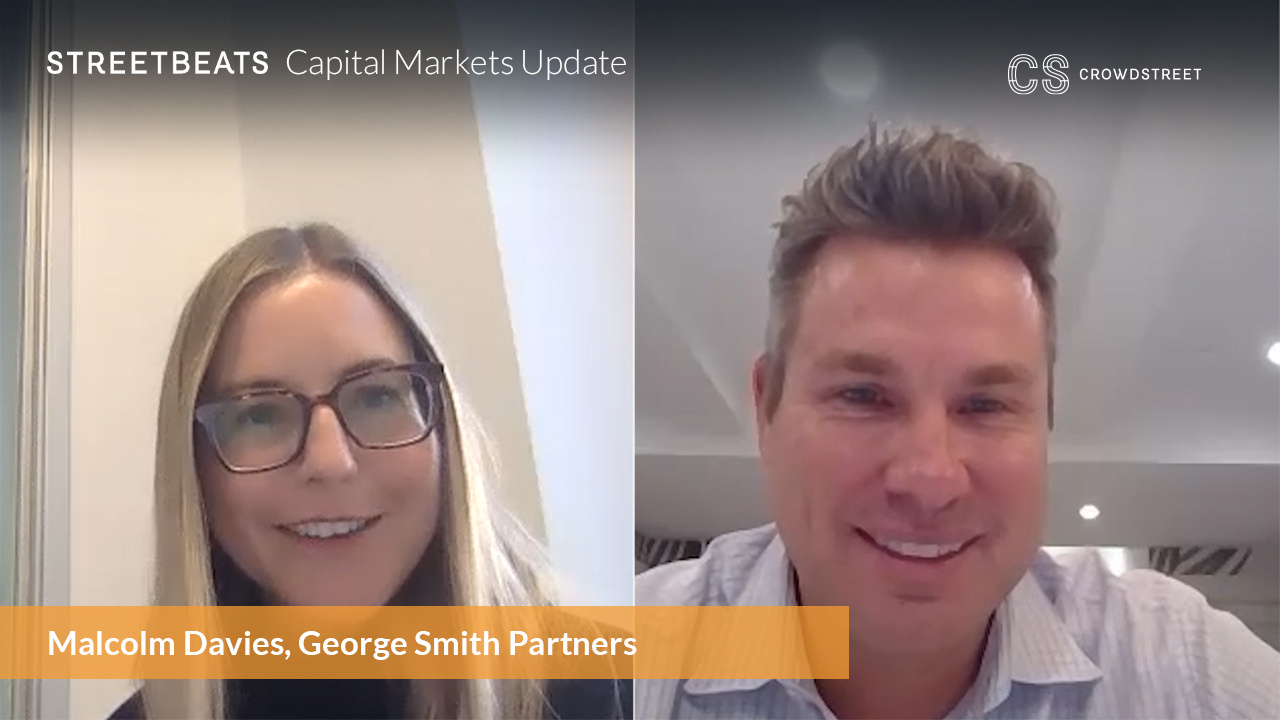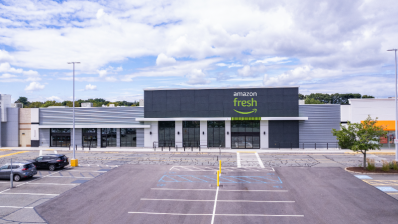
Crowd Street's Anna-Marie Allander-Lieb is joined by Malcolm Davies, Principal and Managing Director at George Smith Partners, to talk about what they're hoping to see as a result of the upcoming election, recent travel numbers and the effects on hospitality and how things are shaping up for 2021.
